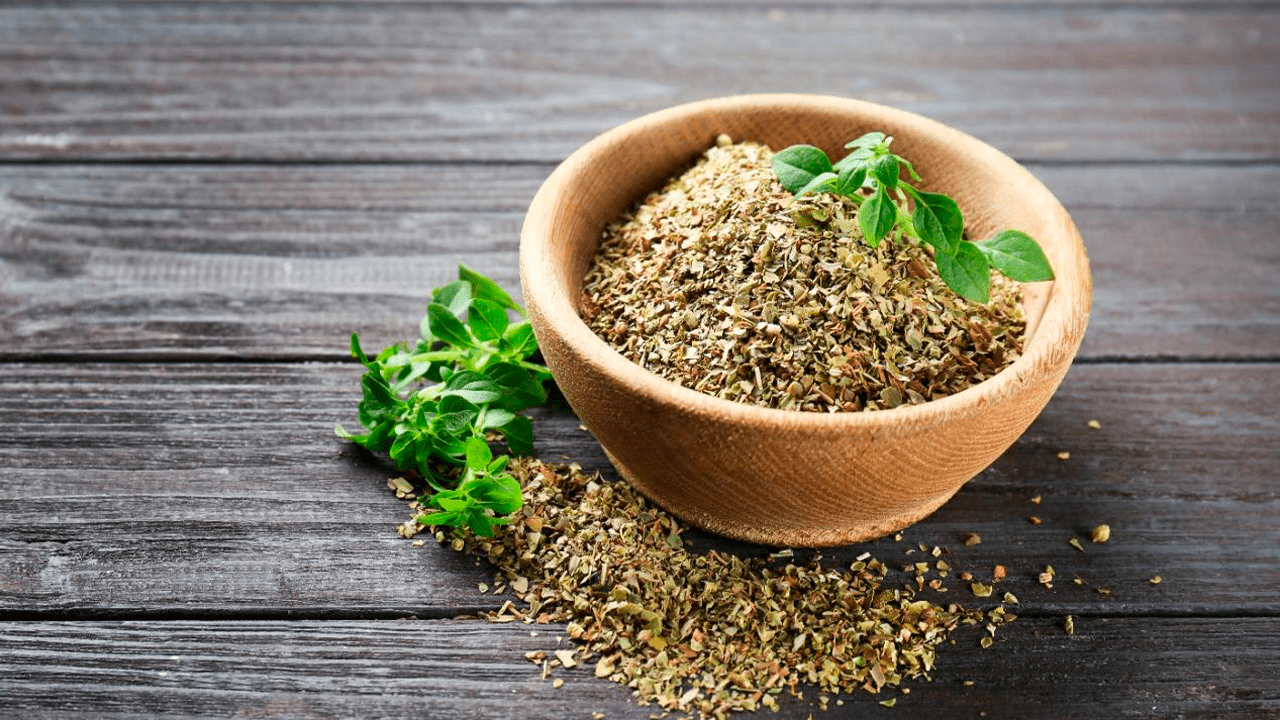Hello, Pickle lovers!
Let’s dive into an intricate web of connections today. Have you ever considered the link between stress, high cortisol levels, Irritable Bowel Syndrome (IBS), and the vagus nerve? If not, you’re in for quite an exploration.
Cortisol, often referred to as the ‘stress hormone,’ is produced by your adrenal glands in response to stress. It’s a crucial part of your body’s fight-or-flight response, designed to help you deal with threats or stressors. Cortisol helps regulate your blood sugar levels, metabolism, inflammation, and even your memory formulation. But when you’re constantly under stress, your body produces more cortisol than it can effectively utilize – a state of hypercortisolism.
Too much cortisol can have significant health impacts, including weight gain, high blood pressure, disrupted sleep, and, you guessed it, digestive issues, including IBS. Why does this happen? The answer is rooted in the profound connection between our brain and gut.
Our gut and brain communicate via the gut-brain axis, a bidirectional communication highway that involves nervous system, immune system, and hormonal pathways. The vagus nerve, the longest cranial nerve, is a crucial part of this system, transmitting information from the gut to the brain.
When your body experiences stress and produces excess cortisol, the balance of this system can be disrupted. High cortisol levels can lead to alterations in gut motility and secretion, increased gut permeability (a potential trigger for leaky gut syndrome), and even changes to the gut microbiota, which may contribute to the development or exacerbation of IBS symptoms.
The vagus nerve, under normal conditions, sends calming signals to your digestive system. It promotes normal gut motility and secretion and plays a significant role in maintaining the overall gut function. However, under high stress and high cortisol conditions, the communication along the vagus nerve can be hampered.
Research has shown a reduction in vagal tone (the activity of the vagus nerve) in individuals under chronic stress, which can lead to low-grade inflammation, a common feature in IBS. Moreover, decreased vagal tone has been associated with a shift in the gut microbiota composition, which again plays a key role in the development of IBS.
Importantly, the disturbed gut can send distress signals back to the brain, creating a vicious cycle. For example, a study published in the Journal of Clinical Investigation found that gut inflammation leads to the activation of a stress response via the vagus nerve, which may lead to the perpetuation of gut dysfunction and possibly contribute to IBS [1].
Addressing high cortisol levels and chronic stress, therefore, is a vital part of managing IBS. Incorporating stress management techniques like deep-breathing exercises, yoga, and mindfulness practices can help enhance vagal tone and reduce cortisol levels. A healthy diet, regular exercise, and adequate sleep are also critical.
In essence, the connection between high cortisol, stress, the vagus nerve, and IBS illustrates just how interconnected our body systems are. It underlines the importance of a holistic approach to health, where stress management is just as important as diet and exercise for maintaining optimal gut health.
Our bodies are beautifully complex, and every aspect of our lives, from our stress levels to our diet, plays a role in our health. In the quest for better gut health, understanding these complex relationships can empower us to make the right decisions for our well-being.
Calming the vagus nerve can play a crucial role in reducing cortisol levels and managing stress-related conditions like IBS. Here are five techniques that can help:
1. Deep Breathing: Deep, slow, rhythmic breathing stimulates the vagus nerve, promoting a relaxation response in your body. A simple exercise you can try is the ‘4-7-8 breathing technique’. Inhale for a count of 4, hold your breath for a count of 7, and then exhale for a count of 8. Repeat this cycle for a few minutes every day.
2. Yoga and Meditation: These practices can both enhance vagal tone and promote overall relaxation. Yoga poses that open up the chest like the cobra or camel pose can be particularly beneficial. Meditation, especially loving-kindness or metta meditation, has been found to increase vagal tone.
3. Cold Exposure: Brief cold exposure, such as a cold shower or splashing cold water on your face, can stimulate the vagus nerve. This is known as the ‘diving reflex’, which slows your heart rate and promotes a calming effect.
4. Singing, Humming, and Chanting: These activities naturally stimulate the vagus nerve due to the involvement of vocal cords and muscles in the back of the throat. You can incorporate them into your daily routine or as part of a mindfulness practice.
5. Probiotics: Some strains of probiotics, especially Lactobacillus and Bifidobacterium, may enhance vagal activity. They interact with the enteric (gut) nervous system, which connects with the brain via the vagus nerve. Consuming probiotic-rich foods or supplements can therefore potentially help in calming the vagus nerve.
Let’s journey together towards better health, one step, one breath, and one gut-friendly meal at a time.
Reference:
- Bonaz, B., Sinniger, V., & Pellissier, S. (2016). Anti-inflammatory properties of the vagus nerve: potential therapeutic implications of vagus nerve stimulation. The Journal of Physiology, 594(20), 5781-5790.









